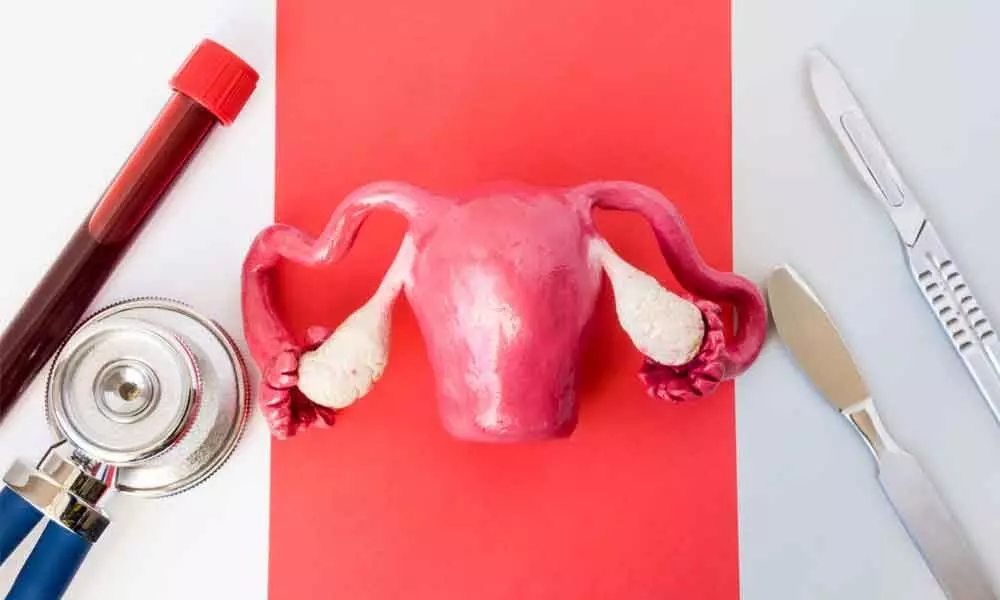All you need to know about PCOS and its management

All you need to know about PCOS and its management
PolyCystic Ovarian Syndrome (PCOS) is one of the most common metabolic and reproductive disorders among women of reproductive age affecting 1 in 10 women in India
PolyCystic Ovarian Syndrome (PCOS) is one of the most common metabolic and reproductive disorders among women of reproductive age affecting 1 in 10 women in India. Women suffering from PCOS present with a whole spectrum of symptoms like menstrual irregularities and hormone imbalance like excess of the Male Hormone i.e Testosterone.
Dr Sunil Eshwar, Lead Consultant, Obstetrics and Gynaecology, Aster RV Hospital, says," They are also at increased risk of multiple morbidities, including obesity, insulin resistance, type II diabetes mellitus, cardiovascular disease (CVD), infertility, endometrial cancer, and psychological disorders like anxiety and depression."
Managing PCOS
Lifestyle modifications
Exercise plays a key role in controlling symptoms of PCOS. Weight loss of just 5% to 10 % can lead to a huge improvement in PCOS. To find out how much weight you need to lose, first the BMI needs to be calculated. BMI is a measurement of weight in relation to your height. A normal BMI is between 18.5 and 24.9.
Diet
Eating a healthy and balanced diet plays a key role in treating PCOS. Your diet should include plenty of fruit and vegetables, (at least 5 portions a day), whole foods (such as wholemeal bread, wholegrain cereals and brown rice), lean meats, fish and chicken.
The contraceptive pill
This may be recommended to induce regular periods, or periods may be induced using an intermittent course of progestogen tablets (which are usually given every 3 to 4 months, but can be given monthly). This will also reduce the long-term risk of developing cancer of the womb lining (endometrial cancer) associated with not having regular periods.
Insulin Sensitizing Agents
It is often used to treat type 2 diabetes, but it can also lower insulin and blood sugar levels in women with PCOS. Metformin can also have other long-term health benefits, such as lowering high cholesterol levels and reducing the risk of heart disease as well as stimulating ovulation, encouraging regular monthly periods and lowering the risk of miscarriage.
Treatment for Fertility
A medicine called clomiphene is usually the first treatment recommended for women with PCOS who are trying to get pregnant. In this the medication is started on the day 3 of periods to stimulate the growth of a dominant follicle. The growth of follicle is monitored with serial USG scans called Follicular Monitoring. Patients take longer than their normal counterparts to conceive.
Surgical Intervention
A minor surgical procedure called laparoscopic ovarian drilling (LOD) may be a treatment option for fertility problems associated with PCOS that do not respond to medicine. It is found to lower levels of testosterone and luteinising hormone (LH), and raise levels of follicle-stimulating hormone (FSH). This corrects your hormone imbalance and can restore the normal function of your ovaries.

















